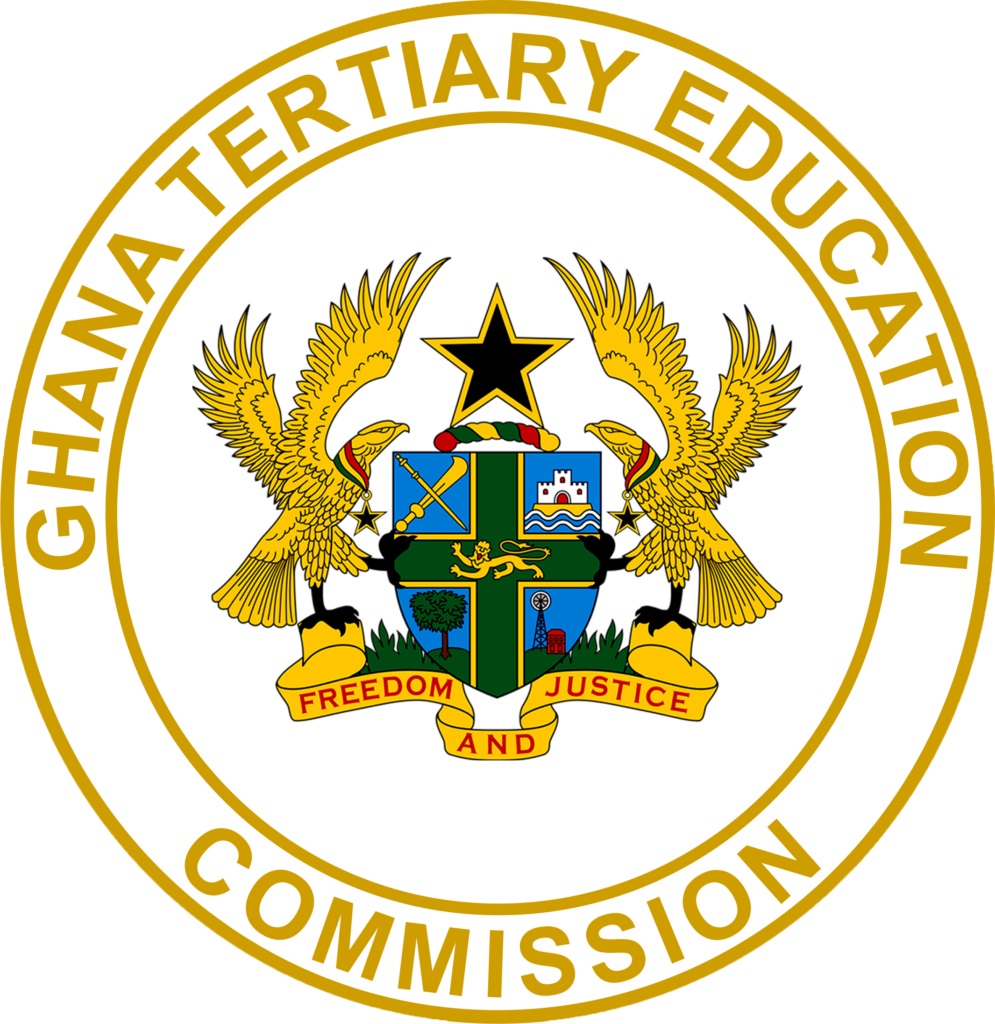The Ghana Tertiary Education Commission, GTEC has accredited five more programmes of the University of Environment and Sustainable Development, (UESD), at Somanya in the Eastern Region, for its School of Sustainable Development, SSD and the School of Natural and Environmental Sciences, SNES, bringing the current number of programmes offered to fifteen(15).
The Head of Department of Water Resources and Sustainable Development (WRSD), of SSD, Dr. Michael Tuffour made this known at a meeting in Accra with officials of the Climate Change and Adapted Land Use (WASCAL), a German research institution based in Africa, and some Lecturers of the UESD. The meeting was one of UESD’s outreach programmes to organisations that share similar vision with it.
Dr. Tuffuor said, five of the new programmes are under SSD. These are: BSc. Aquaculture Management, BSc. Water Resources Management and BSc. Water, Sanitation and Hygiene, BSc. Energy Sustainability and BSc. Environmental Economics while the last two programmes will be run by SNES.
He told the meeting that, the UESD team was proposing a Memorandum of Understanding, MoU to be signed between the two institutions in four key areas of partnership in research, curriculum reviews, partnership, shared expertise through students and staff exchanges and internship for students.
Throwing more light on the rest of the new programmes, the Ag Dean of the School of Sustainable Development, Prof. Anthony Amoah mentioned them as: BSc. Environmental Management and BSc. Nature Conservation Management, to be run in the Department of Environment and Public Health; namely at the School of Natural and Environmental Sciences (SNES) which is headed by Prof. Edward Wiafe Debrah.
Prof. Amoah explained that the programmes being run in both the SSD and SNES fall within the purview of WASCAL, therefore, the MOU between the UESD and WASCAL should cover both Schools including the ones in the pipeline like the School of Built Environment.
Responding, the Public Relations Manager of WASCAL, Mr. Abdellah Nii Commey who was the main speaker explained that WASCAL’s main mode of operation is to educate the generation of climate experts for Africa in different climate related issues and therefore the UESD’s mandate of research and Sustainable Development falls within its scope. He also welcomed partnership between the two institutions.
He said, for WASCAL to settle on a specific topic for research, it solicits feedback from its community engagements on the most pressing of the communal problems worth researching into.
This way, the organisation is able to generate solution from the research which is directed at solving a specific social problem. He said, this strategy makes better impact in community development as opposed to ‘non-targeted research.’
Mr. Abdellah observed that over the years, very important and authoritative research findings in the Sub-Region have ended up on library shelves. He attributed the development to the ‘excessive’ use of technical words in such research findings making reading challenging. He said, most of the time, the implementers are not able to comprehend the verbose terms adopted in the publications. Consequently, such persons either misapply the findings or do not make use of them at all.
He therefore advised that for the expected research impact on societal change and development to be realised, there is the need for researchers to demystify their research findings by sticking to plain and ordinary language which are comprehensible.
In the meeting were: Dr. Andrew Manoba Limantol and Dr. Isaac Larbi of UESD and three officials from WASCAL; Madam Selasi Weto (Senior Executive Assistant – Capacity Building), and Madam Garvey Frimpomaa Odame (Logistics & Repository Officer), Madam Edem Pedanou (IT Manager) and Peace Agbemenya (Public Relations Assistant). END.

